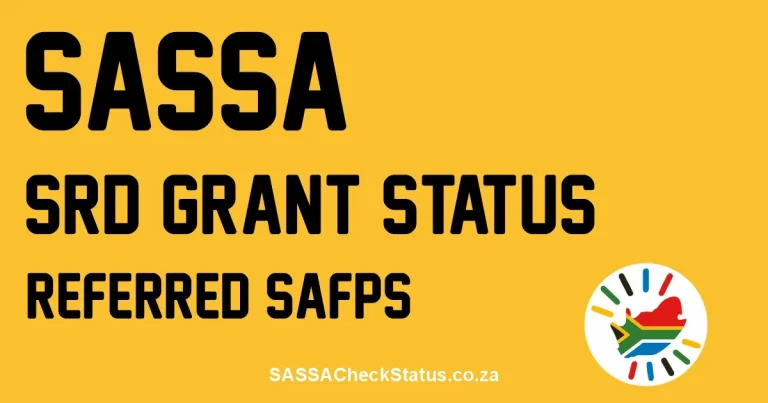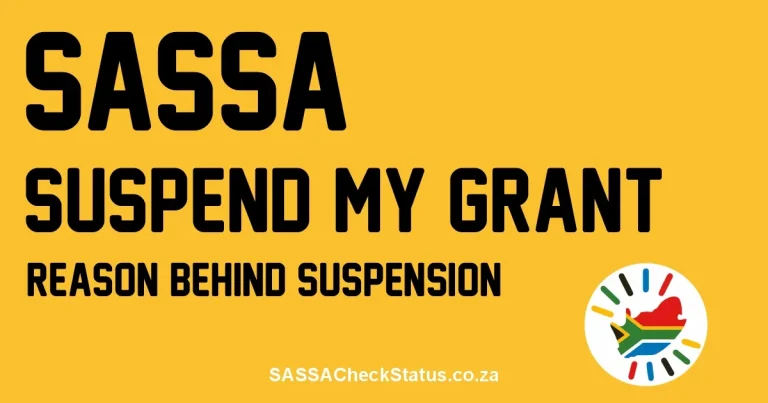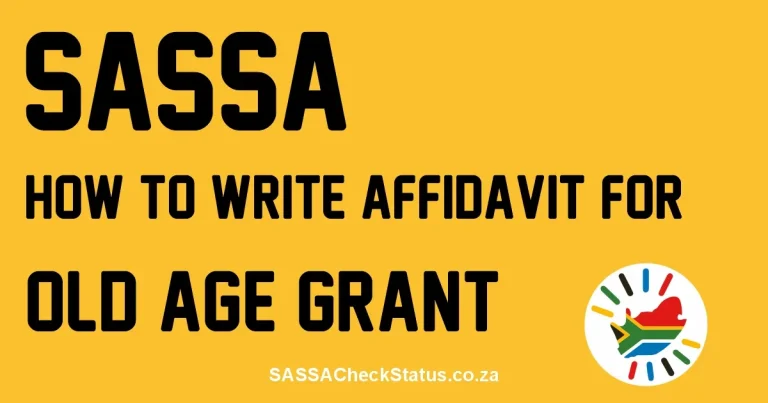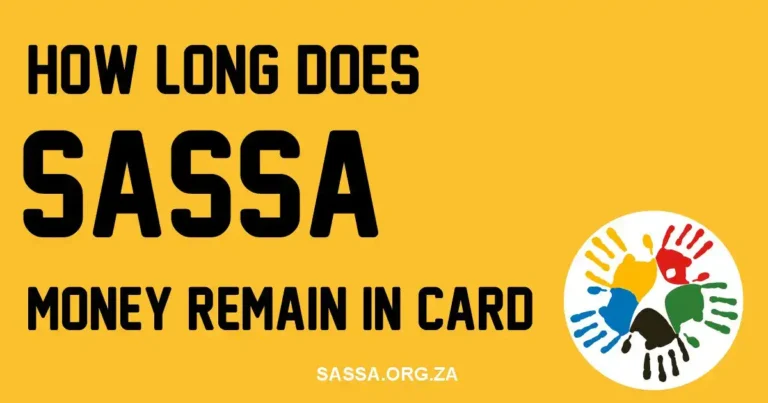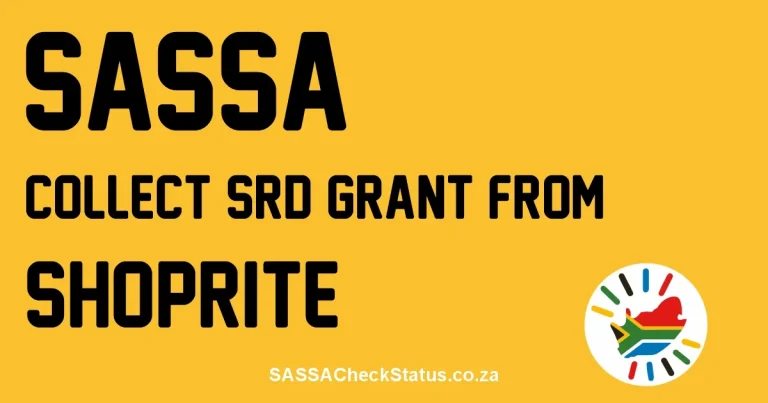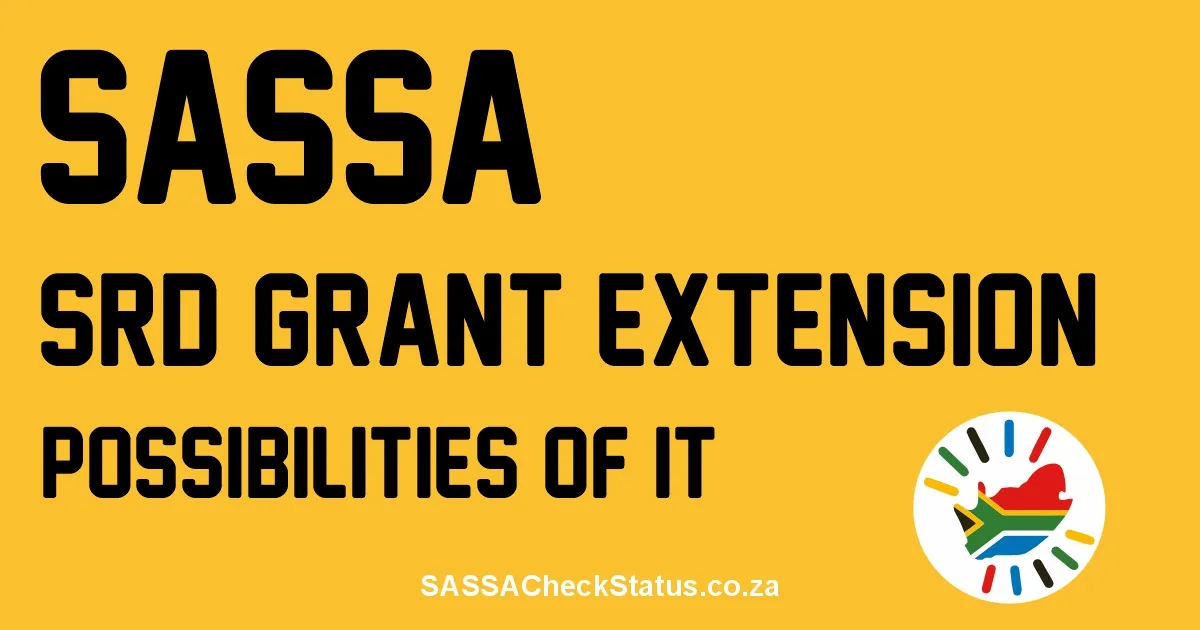
The SRD grant has been officially extended until March 2026, with R35.2 billion allocated by Finance Minister Enoch Godongwana. But what does this mean for the millions of South Africans depending on this lifeline? Recent court rulings and government policy shifts have opened new possibilities that could transform social assistance in the country.
Current Status of SRD Grant Extension
Confirmed Extension to March 2026
Finance Minister Enoch Godongwana announced a R35.2 billion allocation in the 2025 Budget Speech to extend the SRD grant until March 31, 2026, maintaining the monthly payout at R370. This extension provides certainty for over 8 million beneficiaries who rely on this critical support.
The current extension brings relief to families facing economic hardship, but it’s just the beginning of broader changes ahead. The number of recipients is projected to increase from 19 million in 2025/26 to 19.3 million in 2027/28, showing the growing demand for social assistance.
What Changed from Previous Extensions
Unlike previous short-term extensions, this one comes with significant policy announcements. The SRD grant will serve as the foundation for a Basic Income Grant (BIG), with a policy review by September 2025 determining the grant’s future structure.
This marks a shift from treating the SRD as purely temporary relief to viewing it as part of a permanent social protection system.
Major Court Ruling Changes Everything
Landmark Pretoria High Court Decision
On January 24, 2025, the Pretoria High Court ruled that certain regulations governing the SRD grant were unconstitutional and invalid, ordering the government to “progressively increase” the grant amount and income eligibility threshold.
Judge Leonard Twala’s ruling addressed several critical issues:
- Online-only applications excluded vulnerable people without internet access
- Income threshold of R624 was too restrictive and didn’t account for inflation
- Once-off payments were wrongly counted as income, disqualifying eligible applicants
- Administrative delays violated beneficiaries’ constitutional rights
What the Court Ordered
The court ordered the Minister of Social Development, in consultation with the Minister of Finance, to devise and implement a plan to address the retrogression in the value of the SRD grant within four months.
Key directives include:
- Allow in-person applications at SASSA offices
- Increase the grant amount considering inflation and cost of living
- Raise the income threshold to include more eligible people
- Exclude occasional gifts or family support from income calculations
- Address systematic payment delays
Expected Grant Amount Increase
Experts predict the SRD grant could increase to between R420 and R500 per month, depending on inflation and financial allocations, with implementation expected by December 2025.
Basic Income Grant: The Ultimate Possibility
Government Commitment to BIG
The ANC is committed to finalising a comprehensive policy on the basic income support grant within two years of the new administration, using the SRD grant as the foundation for transition to a permanent basic income support grant.
This isn’t just political rhetoric – all top five political parties in South Africa support implementing a BIG in some form, making it very likely that this grant will be implemented within the next five years.
What BIG Could Look Like
A Basic Income Grant would differ from the current SRD in several ways:
- Permanent rather than temporary assistance
- Higher amounts potentially reaching the food poverty line
- Broader eligibility without strict work-seeking requirements
- Universal coverage for all citizens within certain age ranges
The ANC spokeswoman said they would increase the value of the grant and extend it to reach more beneficiaries, recognising that basic income support should complement, not replace, existing social security mechanisms.
Financial Challenges and Funding Concerns
The Cost Question
National Treasury warned that a true basic income grant could cost as much as R400 billion per year if it reaches 35 million people between 18 and 60 years old, requiring permanent and large tax increases.
Even expanding the current SRD poses challenges:
- The current grant costs around R40 billion per annum, but this could rise to R171 billion by 2032/33 if the grant becomes permanent with increased uptake
- Expanding the grant could cost over R30-billion annually, posing medium to long-term fiscal risks
Potential Tax Implications
Research found that funding a BIG could require personal income tax increases of 9% to 19%, VAT increases of 14% to 29%, and corporate tax increases of 24% to 47%.
However, research shows that a basic income grant would have a multiplier effect in the economy, with putting cash in people’s hands resulting in more growth than the cost of implementation.
Current Application and Eligibility Updates
Who Qualifies Now
To qualify for the current SRD grant, you must:
- Be a South African citizen, permanent resident, or refugee
- Be aged 18 to 59 years
- Be unemployed with income below R624 per month
- Not receive UIF, NSFAS, or other social grants
- Live in South Africa
Application Process Changes Coming
The court ruling requires SASSA to introduce in-person applications at SASSA offices, making the process more accessible for people without internet access.
Currently, you can apply:
- Online: Visit sassa portal and complete your application
- Phone: Call 0800 60 10 11 for assistance
- Coming soon: In-person applications at SASSA offices
Checking Your Status
To check your SRD status, you’ll need:
- Your South African ID number
- The mobile number used for your application
- Visit the official SASSA SRD portal
Payment Dates and Processing Times
Current Payment Schedule
SASSA processes SRD grant payments from March 20, with funds reflecting in beneficiaries’ accounts between March 26 and 29, 2025. Payments typically take 2-3 working days to appear in your account after processing.
The agency pays grants during the final week of each month after completing verification checks. You can track payment dates through the SASSA payment schedule.
What to Expect in 2025-2026
With the extension confirmed until March 2026, beneficiaries can expect:
- Monthly payments of R370 continuing through March 2026
- Potential increase to R420-R500 by end-2025 following court ruling
- Introduction of in-person application options
- More streamlined processing as SASSA addresses court-ordered improvements
Future Scenarios and Possibilities
Short-term Possibilities (2025)
- Grant amount increase to R420-R500 by December 2025
- Expanded eligibility through higher income thresholds
- In-person applications at SASSA offices
- Improved payment processing addressing delays
Medium-term Possibilities (2025-2027)
- Policy review completion by September 2025 determining BIG structure
- Draft BIG legislation submitted to Parliament in 2025/2026
- Pilot programs testing different BIG models
- Funding mechanisms through tax reforms or economic growth
Long-term Possibilities (Beyond 2027)
- Full Basic Income Grant implementation
- Integration with other social grants
- Universal coverage for working-age adults
- Economic transformation through guaranteed income support
What Beneficiaries Should Do Now
Stay Informed
- Monitor the SASSA portal for official updates
- Follow SASSA social media channels for announcements
- Check your SASSA grant status regularly through the SRD portal
Prepare for Changes
- Keep your contact details updated with SASSA
- Ensure you have proper identification documents
- Familiarise yourself with new application processes
- Save SASSA contact numbers: 0800 60 10 11
Know Your Rights
The court ruling strengthened beneficiaries’ rights. You have the right to:
- Apply through multiple channels (online and in-person)
- Receive payments without unreasonable delays
- Fair treatment in eligibility assessments
- Appeal decisions through proper channels
FAQs About SRD Grant Extension
Will the SRD grant amount increase in 2025?
Yes, experts predict the grant could increase to between R420 and R500 per month by December 2025, following the court ruling that ordered the government to progressively increase the amount.
How long will the SRD grant continue?
The SRD grant has been extended until March 31, 2026, with R35.2 billion allocated for this purpose. Beyond 2026, it’s expected to transition into a Basic Income Grant.
Can I apply for the SRD grant in person?
The court ruling requires SASSA to introduce in-person applications at SASSA offices by May 2025, making the process accessible for people without internet access.
What is a Basic Income Grant and when will it start?
A Basic Income Grant would be a permanent form of income support, with the ANC committed to finalising the policy within two years. It would replace the temporary SRD grant with a more comprehensive system.
Will I need to reapply when changes happen?
Most changes will be automatic for existing beneficiaries. However, you may need to update your details or verify information when new systems are implemented. SASSA will provide guidance on any required actions.
How will a Basic Income Grant be funded?
Funding options include new progressive tax measures, though the National Treasury warns this could require significant tax increases across personal income tax, VAT, and corporate tax.
Conclusion
The SRD grant extension to March 2026 is just the beginning of a broader transformation in South Africa’s social protection system. With court rulings forcing improvements and government commitment to a Basic Income Grant, beneficiaries can expect significant changes ahead.
The immediate focus should be on the expected grant increase to R420-R500 by Dec-2025 and improved application processes. Looking further ahead, the transition to a permanent Basic Income Grant could provide long-term security for millions of South Africans.
Stay connected with SASSA through their official channels and be prepared for the positive changes coming to social assistance in South Africa. The possibilities for expanded, improved support are stronger than ever before.
